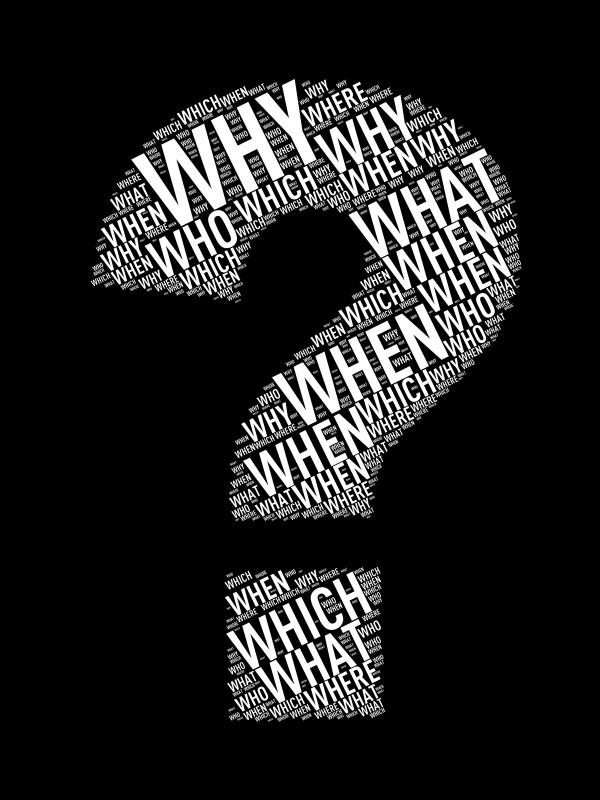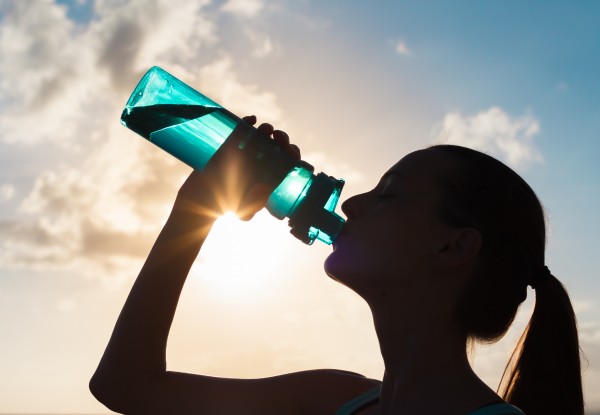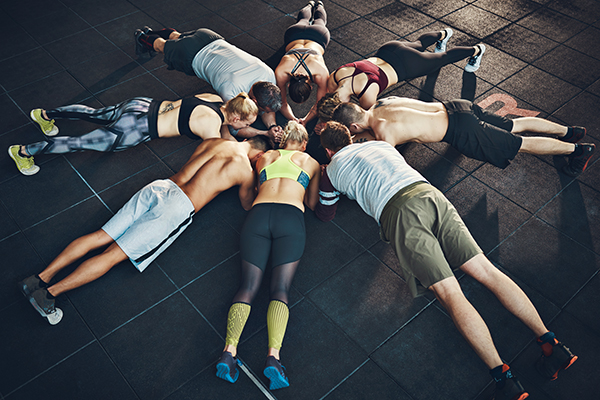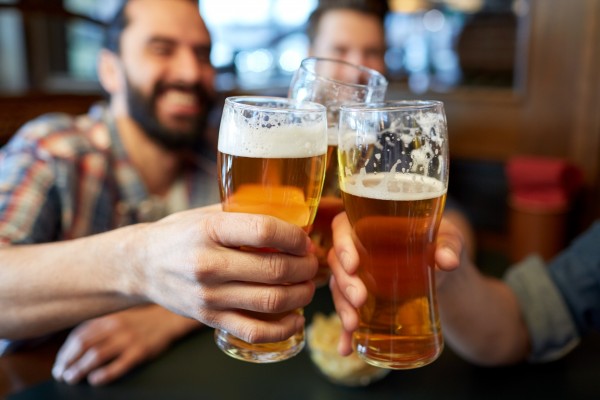10 things you can do right NOW to lose weight
By Peter Halstead MPhty, PGDipSportMed, BSpEx
The sad truth is that 80% of NZ adults increase their weight every year compared to the previous year. Here's some simple tips to help you avoid being part of this statistic:
1. Determine your WHY and WHAT
At the beginning of every new year thousands of people in NZ will set a goal to lose weight in the year ahead. Many people will start out very enthusiastic and committed however as time fades most people will let the barriers to their success win. To be successful you need to determine:
WHY do you want to lose weight?
WHAT will weight-loss give me?
If your WHY is not strong enough and you are not clear on WHAT weight-loss will give you, you are likely to fail.
You will need to dig deeper to find this out. You may need to ask yourself WHY and WHAT several times over. Here are a couple of examples:
WHY: ‘I’m sick of my friends calling me Fat Tom’
WHAT: ‘My friends will call be Tom, or maybe even skinny Tom. It will make me feel more comfortable in my body’
WHY: ‘I’m on the verge of being a diabetic. If I become one, I may lose my leg like my father did’
WHAT: ‘I’ll be able to live a more active life for longer. I’ll be able to run around with my grandchildren one day’

2. The 80/20 rule
80% of the time eat/drink healthy and exercise, and 20% of the time “just chill”
Give yourself some slack – you are human! It’s well and truly proven that strict diets don’t provide long-term weight-loss and optimal health outcomes. All they do is make you want all the ‘bad foods’ all day and most people will eventually cave in, put all their weight back on and more.
If you are already at 80/20, try and go 90/10, or if you are currently 50/50, try and get to 60/40. Chip away at it - the turtle always wins the race.
3. Buy a water bottle and keep it on your desk at work
People who drink mostly water have been shown to drink 200 calories less per day, on average, than those who drink other beverages.
Not only is water calorie free, unlike wine, mochas, fizzy drinks, fruit juices, it may help you eat less. Your body struggles to determine the difference between requiring hydration or food. When you are dehydrated you may be eating more when all you really need is some water.
The convenience of keeping a bottle of water on your desk will make you more likely to drink it. It may even help decrease the amount of energy-heavy drinks you purchase.
You should also purchase a drink bottle for home and one for your car. The more places you have easy access to water, more more likely you are to drink it.

4. Get enough sleep
Adequate amounts of sleep are essential to lose weight. In fact, 7-9 hours sleep per night can improve your weight loss efforts by up to 20%!
Sleep has an impact on the hormones that help you burn fat, store fat, and thus lose weight. Sleep can be important for so many other things, including mood, work performance, and concentration levels.
Physically, sleep will help with muscle recovery and development – yes, your toned body is created when you are resting!
There is also evidence that getting enough sleep e.g. at least 7 hours is linked to decreased risk of inflammatory diseases and heart disease.
5. Find healthy friends
In NZ, many social gatherings involve food and alcohol. If your partner and all your friends drink copious amounts of alcohol and eat takeaways all weekend it’s going to be very difficult for you to stick to your weight loss and health goals. You may be able to stick to a 45 day or 8 week program however long term, you will need support.
When trying to make healthy changes, some friends may even give you comments such as “you are not that fun anymore”, or “the old Sarah would have…”. At some stage you are going to have to make a decision - are my current friends going to get on board and assist me with my health goals, OR are they going to hinder them?
Many gyms, sports clubs and health centres promote community engagement and friendship between members (outside of just participating in the activity(s) that that club offers. The key is to find what type of community or communities you feel are beneficial to you and commit to them. Some examples include sports clubs (e.g. squash, soccer, golf, tramping, skiing etc), F45 Gyms, CrossFit, Small HIIT gyms, and health clubs. These types of places will not only offer healthy activities however also an opportunity to meet like-minded people of whom you can form new social networks with.
Those who have a support network are 10 x more likely to maintain their results long-term than those who do not.
Some ideas on how to grow a healthy network include:
- Get your partner onboard with your new eating/exercise regime - very important. If they are not on board, are they right for you?
- Join a boot camp, gym, or cross-fit - you may need to try various places before you find the community that is right for you
- Arrange physical activities (day walks, bike rides, snorkeling trips etc) with friends instead of static activities all the time
- Create a lunch-time walking group at work - block out a lunch break!
- Start a new hobby that doesn't involve alcohol (boxing, lawn bowels, croquet, golf, tenpin bowling, dance classes etc)

6. Take the Focus off the scales
The scales will only tell you one number. If you focus too heavily on this number, the mental game may get on top of you. It’s also well known by now that muscle is significantly denser than fat. Check out this client in the picture below - their overall shape changed considerably however they weighed the same! Imagine if he’d given up in the first month because the weight wasn’t changing.
Instead of the scales alone, use Fit3d Body Scanners to track your progress. Consistently using them once/month will increase your accountability and help you make more informed/better decisions regarding your health and weight loss regime. The main Fit3d metrics (for health) you should focus on are:
- 3D images and photos of yourself
- Body Shape Rating
- Body fat %
- Waist and hip girth measurements
7. Use smaller plates
Studies have shown that you can decrease your overall food intake by 30% (30%!) by using smaller plates and bowls.
Portion sizes are a huge contributing factor to weight gain (yes you can have too much of the good stuff).
Click here for 7 tips to improve your portion sizes
8. Drink your coffee black
Calories from drinks add up.
Coffee has been shown to have some health benefits however the added calories you get from milk, cream, sugar, syrups may hinder your weight loss and health goals.
A large, double shot expresso with milk can contain up to 180 calories EACH (We know most of you have more than 1 coffee/day). A mocha of the same size could consist of up to 250 calories each.
In contrast, a short black or long black may consist of less than 5 calories. Maybe this is a better choice for you waistline!
OR consider giving up coffee altogether? (Some people don't drink coffee, SHOCK!)
Studies have found that those who drink coffee tend to drink less water. Coffee (that can dehydrate you) combined with drinking less water (leading to more dehydration) may cause you to be regularly dehydrated. Dehydration can be confused with hunger and cause us to eat more. If you struggle to drink enough water, maybe its time to trial giving up coffee for a couple of months and see how your body reacts.
9. Decrease your alcohol consumption
Calories from drinks add up.
There are approx. 120 calories in a standard glass of wine and 200 calories in a standard class of beer.
For health, our body does not require alcohol. If you are drinking 1-2 glasses of wine/beer each night, this will add up. Cutting out the regular consumption of alcohol may have a huge impact on your ability to lose weight.
We're not suggesting that you have to give up alcohol completely however any drink that you consume on a regular basis (that is not water) will be adding unnecessary calories to your body.

10. Increase your protein intake
One study showed that increasing your protein intake from 15% to 30% per day decreased overall calorie consumption by over 450 calories!
Benefits of protein include increased mass mass gain, increased metabolic rate, and increased fullness (e.g. you won't be as hungry throughout the day).
Protein shakes are not necessary - you can gain plenty of protein from natural food sources e.g. peanut butter, beans, lean meats, eggs etc.
Additional Resources
Book a 1:1 appointment with our Nutrition Team
Book a 1:1 Exercise Training/Coaching Session with our Director
Read more about Healthy Portion Sizes
Read More about the Ministry of Health's Exercise Guidelines for Health
If you have any questions regarding the content in this article, please email peter directly peter@healthandfitnesstesting.nz
